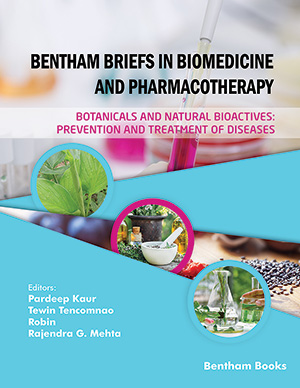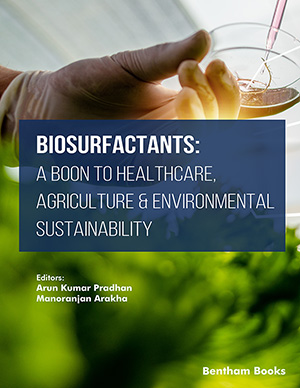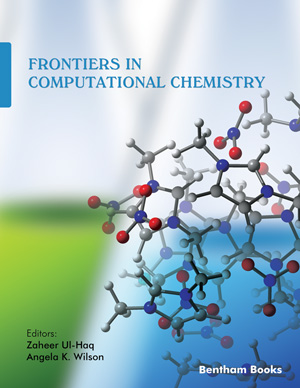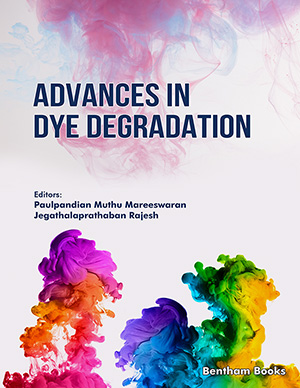Abstract
In recent years, a series of new and highly cytotoxic analogues of CC-1065 and the duocarmycins have been developed that can be transformed into much less toxic prodrugs for the use in antibody-directed enzyme prodrug therapy (ADEPT), gene-directed enzyme prodrug therapy (GDEPT) and prodrug monotherapy (PMT) of cancer. In all these approaches, a relatively non-toxic prodrug is applied and subsequently converted selectively in the tumour tissue into a highly cytotoxic drug, thus reducing undesired side effects accompanying conventional chemotherapy. Here, the design and biological evaluation of prodrugs based on analogues of CC-1065 and the duocarmycins for the use in tumour selective cancer therapies is reviewed. The advantage of this approach is the excellent therapeutic index of some of the new prodrugs of over 5000 and the high cytotoxicity of the corresponding drugs with IC50 values of as low as 16 pM (IC50: concentration required for 50 % growth inhibition of target cells). In addition, a novel method for the correlation of the alkylation efficiency and the cytotoxicity based on mass spectrometry is described.
Keywords: ADEPT, anti-tumour agents, CC-1065, duocarmycins, targeted cancer therapy, PMT, prodrugs
Anti-Cancer Agents in Medicinal Chemistry
Title: Novel Analogues of CC-1065 and the Duocarmycins for the Use in Targeted Tumour Therapies
Volume: 9 Issue: 3
Author(s): Lutz F. Tietze and Birgit Krewer
Affiliation:
Keywords: ADEPT, anti-tumour agents, CC-1065, duocarmycins, targeted cancer therapy, PMT, prodrugs
Abstract: In recent years, a series of new and highly cytotoxic analogues of CC-1065 and the duocarmycins have been developed that can be transformed into much less toxic prodrugs for the use in antibody-directed enzyme prodrug therapy (ADEPT), gene-directed enzyme prodrug therapy (GDEPT) and prodrug monotherapy (PMT) of cancer. In all these approaches, a relatively non-toxic prodrug is applied and subsequently converted selectively in the tumour tissue into a highly cytotoxic drug, thus reducing undesired side effects accompanying conventional chemotherapy. Here, the design and biological evaluation of prodrugs based on analogues of CC-1065 and the duocarmycins for the use in tumour selective cancer therapies is reviewed. The advantage of this approach is the excellent therapeutic index of some of the new prodrugs of over 5000 and the high cytotoxicity of the corresponding drugs with IC50 values of as low as 16 pM (IC50: concentration required for 50 % growth inhibition of target cells). In addition, a novel method for the correlation of the alkylation efficiency and the cytotoxicity based on mass spectrometry is described.
Export Options
About this article
Cite this article as:
Tietze F. Lutz and Krewer Birgit, Novel Analogues of CC-1065 and the Duocarmycins for the Use in Targeted Tumour Therapies, Anti-Cancer Agents in Medicinal Chemistry 2009; 9 (3) . https://dx.doi.org/10.2174/1871520610909030304
| DOI https://dx.doi.org/10.2174/1871520610909030304 |
Print ISSN 1871-5206 |
| Publisher Name Bentham Science Publisher |
Online ISSN 1875-5992 |
Call for Papers in Thematic Issues
Induction of cell death in cancer cells by modulating telomerase activity using small molecule drugs
Telomeres are distinctive but short stretches present at the corners of chromosomes and aid in stabilizing chromosomal makeup. Resynthesis of telomeres supported by the activity of reverse transcriptase ribonucleoprotein complex telomerase. There is no any telomerase activity in human somatic cells, but the stem cells and germ cells undergone telomerase ...read more
Role of natural compounds as anti anti-cancer agents
Cancer is considered the leading cause of worldwide mortality, accounting for nearly 10 million deaths in 2022. Cancer outcome can be improved through an appropriate screening and early detection and through an efficient clinical treatment. Chemotherapy remains an important approach in treatment o f several types of cancers, even though ...read more
Signaling and enzymatic modulators in cancer treatment
Cancer accounts for nearly 10 million deaths in 2022 and is considered the leading cause of worldwide mortality. Cancer outcome can be improved through an appropriate screening and early detection and through an efficient clinical treatment. Chemotherapy, radiotherapy and surgery are the most important approach for the treatment of several ...read more
 35
35
- Author Guidelines
- Graphical Abstracts
- Fabricating and Stating False Information
- Research Misconduct
- Post Publication Discussions and Corrections
- Publishing Ethics and Rectitude
- Increase Visibility of Your Article
- Archiving Policies
- Peer Review Workflow
- Order Your Article Before Print
- Promote Your Article
- Manuscript Transfer Facility
- Editorial Policies
- Allegations from Whistleblowers
Related Articles
-
Glioblastoma Tumor Initiating Cells: Therapeutic Strategies Targeting Apoptosis and MicroRNA Pathways
Current Molecular Medicine Targeting the Immune Niche within the Bone Marrow Microenvironment: The Rise of Immunotherapy in Multiple Myeloma
Current Cancer Drug Targets Clinical Pharmacogenetics and Potential Application in Personalized Medicine
Current Drug Metabolism Polysaccharide Colloids as Smart Vehicles in Cancer Therapy
Current Pharmaceutical Design Multi-Targeted Agents in Cancer Cell Chemosensitization: What We Learnt from Curcumin Thus Far
Recent Patents on Anti-Cancer Drug Discovery Acute Lymphoblastic Leukemia and Regulatory T cells: Biomarkers and Immunopathogenesis
Current Immunology Reviews (Discontinued) Synthetic Src-Kinase Domain Inhibitors and Their Structural Requirements
Anti-Cancer Agents in Medicinal Chemistry Nutrition Support of Patients Undergoing Hematopoietic Stem Cell Transplantation (HSCT)
Current Nutrition & Food Science Non-Invasive Cell Tracking in Cancer and Cancer Therapy
Current Topics in Medicinal Chemistry Opportunities and Challenges for Host-Directed Therapies in Tuberculosis
Current Pharmaceutical Design HPC Analysis of Multiple Binding Sites Communication and Allosteric Modulations in Drug Design: The HSP Case Study
Current Drug Targets Drug Transport Across the Blood-Brain Barrier and the Impact of Breast Cancer Resistance Protein (ABCG2)
Current Topics in Medicinal Chemistry Novel Approaches Towards Designing of Isoform-Selective Inhibitors Against Class II Histone Deacetylases: The Acute Requirement for Targetted Anticancer Therapy
Current Topics in Medicinal Chemistry NF-κB Blockers Gifted by Mother Nature: Prospectives in Cancer Cell Chemosensitization
Current Pharmaceutical Design AKT-pathway Inhibition in Chronic Lymphocytic Leukemia Reveals Response Relationships Defined by TCL1
Current Cancer Drug Targets The Role of Cellular Plasticity in Cancer Development
Current Medicinal Chemistry n-3 Polyunsaturated Fatty Acids and the Prevention of Colorectal Cancer: Molecular Mechanisms Involved
Current Medicinal Chemistry Microscopies at the Nanoscale for Nano-Scale Drug Delivery Systems
Current Drug Targets A 1536-Well Fluorescence Polarization Assay to Screen for Modulators of the MUSASHI Family of RNA-Binding Proteins
Combinatorial Chemistry & High Throughput Screening Safety and Side Effects of Cannabidiol, a Cannabis sativa Constituent
Current Drug Safety


























